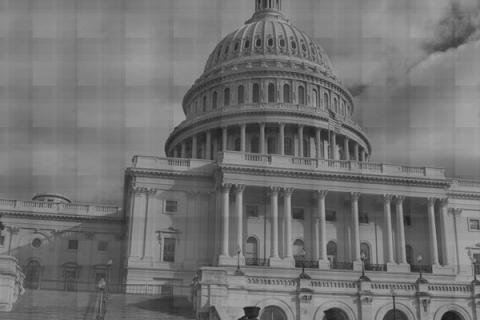In yet another showdown between the Obama Administration and the states, which are already challenging President Obama's signature health care legislation in the nation's highest court, the Supreme Court announced Monday that it would also be taking on Arizona's controversial and tough immigration law, passed in 2010.
Passed amid fierce controversy, the Arizona immigration law made it a state misdemeanor for an alien not to carry required legal documentation, and empowered state police to inquire about a person's immigration status during police stops if there is reasonable suspicion that the individual is an undocumented immigrant. At the time of its passage, the law was the most stringent and broadest measure taken against illegal immigration in recent American history. Critics charged that it would encourage racial profiling, while civil libertarians opposed the policy on grounds that it was too chillingly similar to Nazi identification laws. Opponents of the bill went so far as to organize boycotts of Arizona and its exports.
Supporters of the Arizona immigration law argued that it specifically prohibits racial profiling within the text of the bill, and believed that the state of Arizona needed to do something to address the problem of illegal immigration because the federal government had failed to undertake comprehensive immigration policy reforms. The Obama Administration did not take well to the state of Arizona (and several states that followed Arizona's example) stepping on its turf, and challenged the law in court where parts of it were blocked by the Ninth U.S. Circuit Court of Appeals in San Francisco.
Although Obama's lawyers urged the Supreme Court to steer clear of the dispute and reject Arizona's appeal, the nation's highest court decided to review the case, which involves not only the civil rights of citizens and non-citizens affected by the bill's passage, but an arguably much bigger question of the proper role and relation of the federal government to the several states, which is interestingly complicated by the foreign policy aspects of immigration law. Yet, both aspects of the case are relevant to its outcome and must be parsed and considered separately in order to foster clear thinking about the matter.
Because of her work on the issue while serving in the Justice Department, Justice Elena Kagan recused herself from the decision to take on the case, suggesting she is unlikely to take part in the case's final ruling. She is currently taking criticism from conservatives and even some progressives for not recusing herself from the Affordable Care Act case due to her work as Obama's solicitor general.

